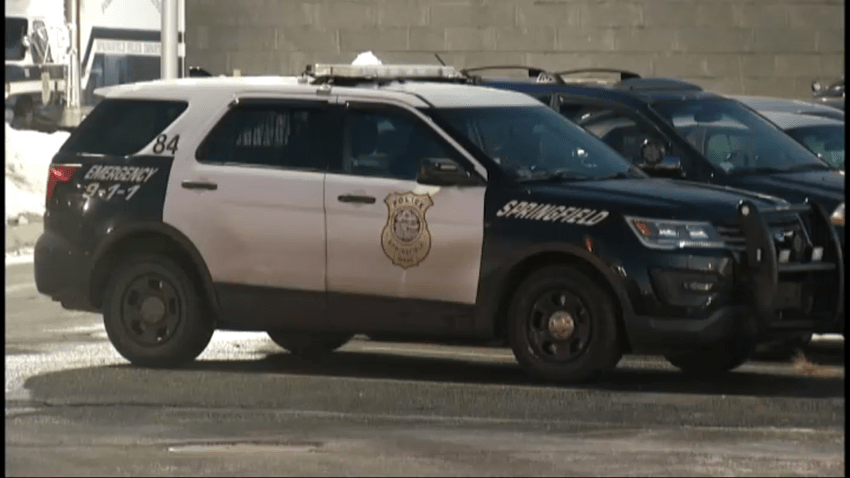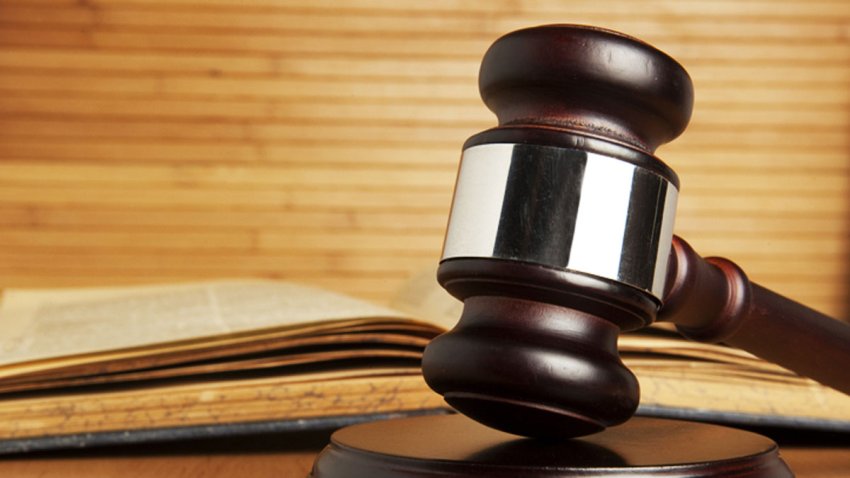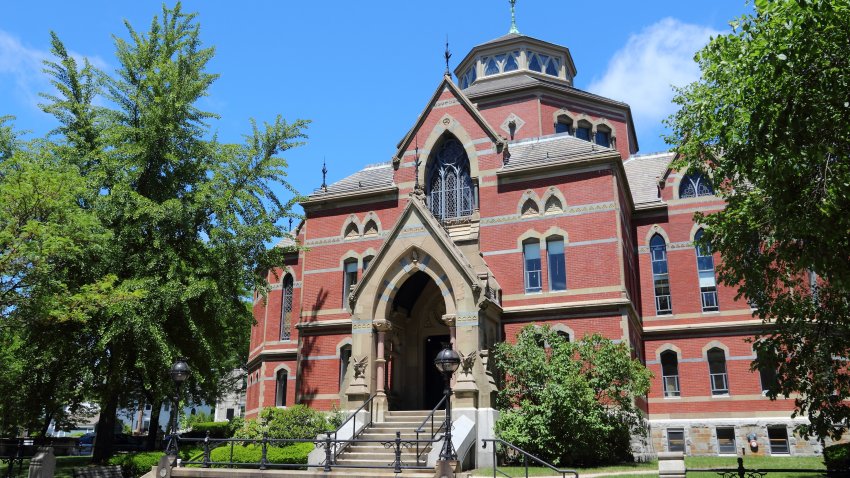

The Latest
-

Boston NWSL team to shed BOS Nation nickname
Before playing its first match, Boston’s new National Women’s Soccer League team is changing its name
-

Mazzulla praises ‘overlooked' Holiday after big night vs. Heat
Celtics coach Joe Mazzulla said after Friday’s win over the Heat that Jrue Holiday’s impact is “overlooked.”
-

Fire breaks out at Gloucester Market Basket
The fire was knocked out by around 9 p.m., according to fire officials in Gloucester, Massachusetts
-

Springfield police say missing child has been found
Police in Springfield, Massachusetts, say a missing 12-year-old has been located. The Springfield Police Department initially announced the disappearance around 8:30 p.m. Shortly after 10, authorities said he had been found.
-

Mass. bars shelter eligibility for some criminal convictions
Gov. Maura Healey said Massachusetts’ new regulations require all adults seeking shelter in the emergency assistance program to agree to a CORI check
-

Hawk takes flight after monthslong recovery from ingesting rat poison
The New England Wildlife Center in Weymouth has been helping a red-tailed hawk that has been sick from rodenticide, and the bird was released into the wild Friday
-

2x cancer survivor: Treatment was harder than ‘all 11 of my marathons together'
Kathy Ball-Toncic uses her body to achieve remarkable feats, like running on all seven continents. But her most recent accomplishment is something she wouldn’t wish on anyone.
-

Trump speaks at Justice Department as his admin. targets Boston
At the president’s Department of Justice speech, members of the Massachusetts Sheriff Association were sitting in the audience and calling for a collaborative tone from the commander-in-chief.
-

Cooper Kupp chooses NFC team in free agency
Cooper Kupp has signed with the Seattle Seahawks after being released by the Los Angeles Rams.
-

Celtics-Heat recap: Holiday, White step up in C's bounce-back win
Jrue Holiday dropped a season-high 25 points and Derrick White came through in the clutch as the Celtics took down the Heat in Miami, 103-91.
-

Why new Pats WR Mack Hollins wants to link up with Bill Nye
New Patriots wideout Mack Hollins expressed his desire to meet Bill Nye the Science Guy.
-

Patriots sign safety Marcus Epps to one-year deal
The Patriots reportedly made another addition to their defense Friday, signing safety Marcus Epps to a one-year contract.
-

Pileup truck crash on I-93 causes injuries, snarls traffic in Stoneham
A five-vehicle crash involving two trucks closed part of Interstate 93 in Stoneham, Massachusetts, into the evening rush Friday.









